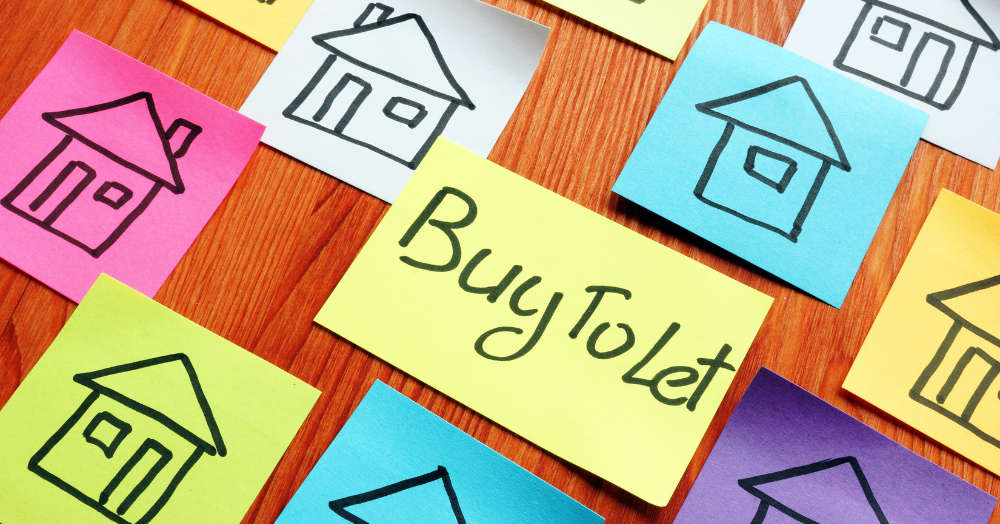
What is the perfect buy-to-let?
With an ever-growing demand for rental properties and with the demand outstripping supply, it’s a good time to be a Landlord. Here are our tips and advice when looking to purchase an investment property.
🏡 12 Things to Consider Before Buying a Buy-to-Let Property
1. Layout
Modern apartments and houses usually have straightforward layouts. Older homes can have awkward features—like chimney breasts, stairs in unusual places, or rooms leading off rooms—which are less desirable. Bathrooms upstairs and off a landing (not a bedroom) are always a plus. If layouts can be altered easily, the property is still worth considering.
2. Size Matters
Your choice depends on your target tenant. A single professional? A studio or small flat in a central location works well. A family? Think three-bedroom homes with more space and a garden for long-term lets.
3. Cash to Spend
Know your budget before viewing. Research mortgage options and decide what return you want to achieve. Always talk to a local agent to get realistic rental estimates (selling agents may inflate figures).
4. Cashflow
If a property needs work, calculate costs and your remaining cash once complete. Remember: you can’t rely solely on tenants’ rent to cover mortgages or repairs. Landlords have a legal responsibility to maintain safe properties—sometimes at short notice. Always keep a financial buffer for emergencies and potential missed rent.
5. Location, Location, Location
Stick to areas where people want to live. Visit at different times of the day, speak to locals, and ask yourself: “Would I have been happy living here at some point?” If yes, it’s probably a good choice.
6. Gas, Electricity & EPCs
Check the heating and wiring age/condition. By law, rental properties need valid gas and electrical safety certificates.
👉 Also check the Energy Performance Certificate (EPC). Minimum Energy Efficiency Standards require a rating of E or above now, but the government has proposed raising this to C or above by 2025 (for new tenancies) and 2028 (for all tenancies).
7. Decoration & Maintenance
Avoid overspending on finishes unless it’s a luxury rental. Stick to fresh white paint, new carpets with underlay, and cost-effective updates like new cupboard doors or grout. Replace dated bathrooms/kitchens if needed. Small touches (light switches, taps, sockets) can lift the property. Spending upfront on presentation attracts better tenants and sets expectations for how they should treat the property.
8. Presentation
First impressions count. Ensure kitchens and bathrooms sparkle, wipe down doors and windows, tidy or turf the garden, repair fences, and clean outdoor spaces. A clean, well-presented home sets the tone for the tenancy.
9. Leasehold or Freehold?
Freehold gives you more control. Leaseholds may come with maintenance charges and restrictions. Always read the lease carefully. Ideally, you want 100+ years left—mortgages are harder to secure below 70 years. If needed, renegotiate the lease as part of the purchase.
10. Hidden Costs & Voids
Be prepared for vacant periods (voids) or rent arrears. Tenants may take months to evict if they default, and re-letting often requires redecoration. Consider landlord insurance to protect against these risks.
11. Furnished vs. Unfurnished
Furnished homes must comply with fire safety regulations—so second-hand bargains aren’t always an option. Check labels, use washable covers, and choose durable furnishings. Mattresses should have protective covers.
12. Tax & Capital Gains
Factor in taxes from the start. When you sell, you’ll also face capital gains tax. Keep receipts for all improvements and expenses—you can claim against them later.
We are here and ready to help in any way we can. 🧑💼
☎️ Call: 01474 321957
📧 Email: sarah@mandmprop.co.uk
